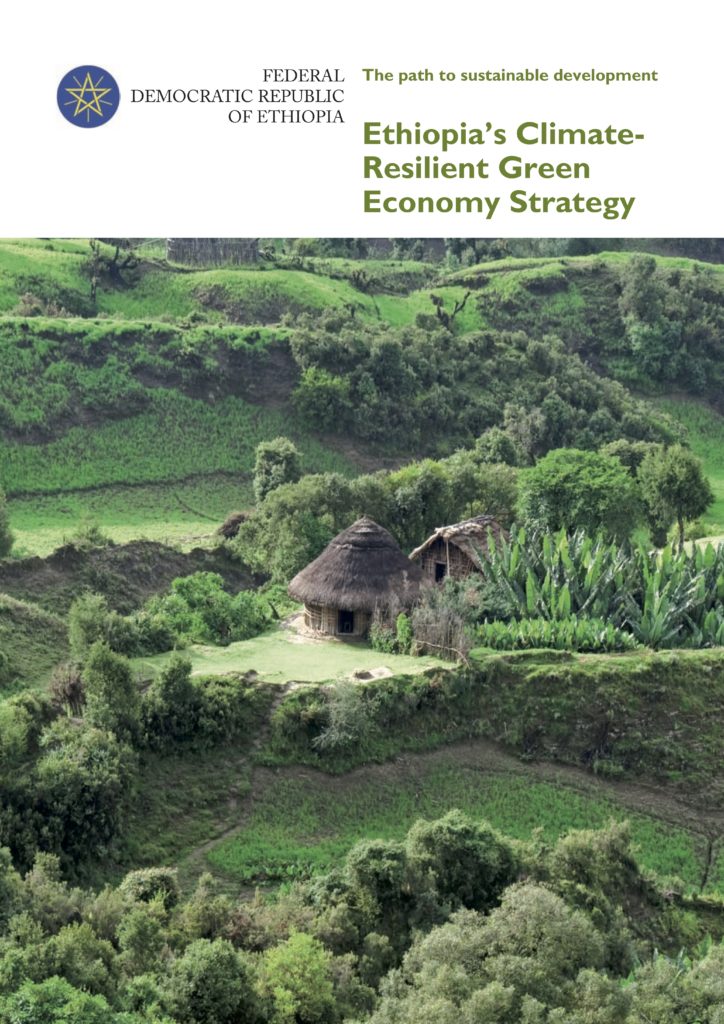 Despite being a developing country, Ethiopia has been playing a leading role in climate change negotiations. It has become a country that is engaged in successful climate diplomacy so that the voice of developing countries is heard in various international arenas. Ethiopia is also a model country in implementing a green economy development strategy.
Despite being a developing country, Ethiopia has been playing a leading role in climate change negotiations. It has become a country that is engaged in successful climate diplomacy so that the voice of developing countries is heard in various international arenas. Ethiopia is also a model country in implementing a green economy development strategy.
One of the key factors that enabled the country to play a key role in climate negotiations is the fact that it has integrated climate into its domestic development and foreign policies and strategies. This strong commitment has earned the country a voice in international climate negotiations.
Many agree that Ethiopia has been among the proactive countries in the process of ratifying the Paris Climate Change Agreement. Though the adoption of the agreement is historic by itself, it does not mean that the mission is accomplished as the continuing climate change is posing threat on the lives of billions across the world. That is why the country has shifted its diplomatic engagement to keeping the momentum of the agreements so that they are swiftly implemented.
In the recent global Cope 23 climate change negotiation which was held in Bonn Germany, Ethiopia successfully led as a Chair, some 47 climate change vulnerable developing countries that are suffering from the severe consequences despite their insignificant contribution to global warming.
Ethiopia is also a member of the group that represented the African continent in global climate change negotiations. The group holds a firm position that the compensation financial support and other technical support to cope with the impacts of climate change should be improved.
One of the success stories of the climate change negotiations is the fact that developed countries agreed to pay 90 million USD as compensation payment for climate change. They also pledged additional 100 million to developing countries that are severely harmed by the impacts of climate change.
Locally, the government has prepared a National Adaptation Programme of Action (NAPA) and Climate Resilient Green Economy Strategy to avert the impact of climate change on the country’s economy.
The government has also demonstrated its commitment to the green economic development through its environment friendly projects such as the expansion of renewable energy for industry and transportation (railways operation). This commitment has also been demonstrated by the extensive rural environmental rehabilitation works.
Various awareness creation programs regarding desertification and environmental rehabilitation works such as reforestation and afforestation have been taking place country wide. As a result, the country’s forest coverage has reached 15 percent, which was at an all time low of less than 4 percent almost two decade ago.
Having such strong commitment, developing countries like Ethiopia still need better economic and technological capacity to upgrade their coping mechanisms. Hence, developed nations need to step up their support as per their promises in the Sendai Framework on Disaster Risk Reduction, the 2030 Agenda for Sustainable Development and the Paris Agreement on Climate Change.
But Ethiopia should exert maximum effort to mobilize local resources, both the public and private sectors and above all its huge human resource potential to further pursueits ambition to become an advocate of green economic development.
Source: Ethiopian Herald




